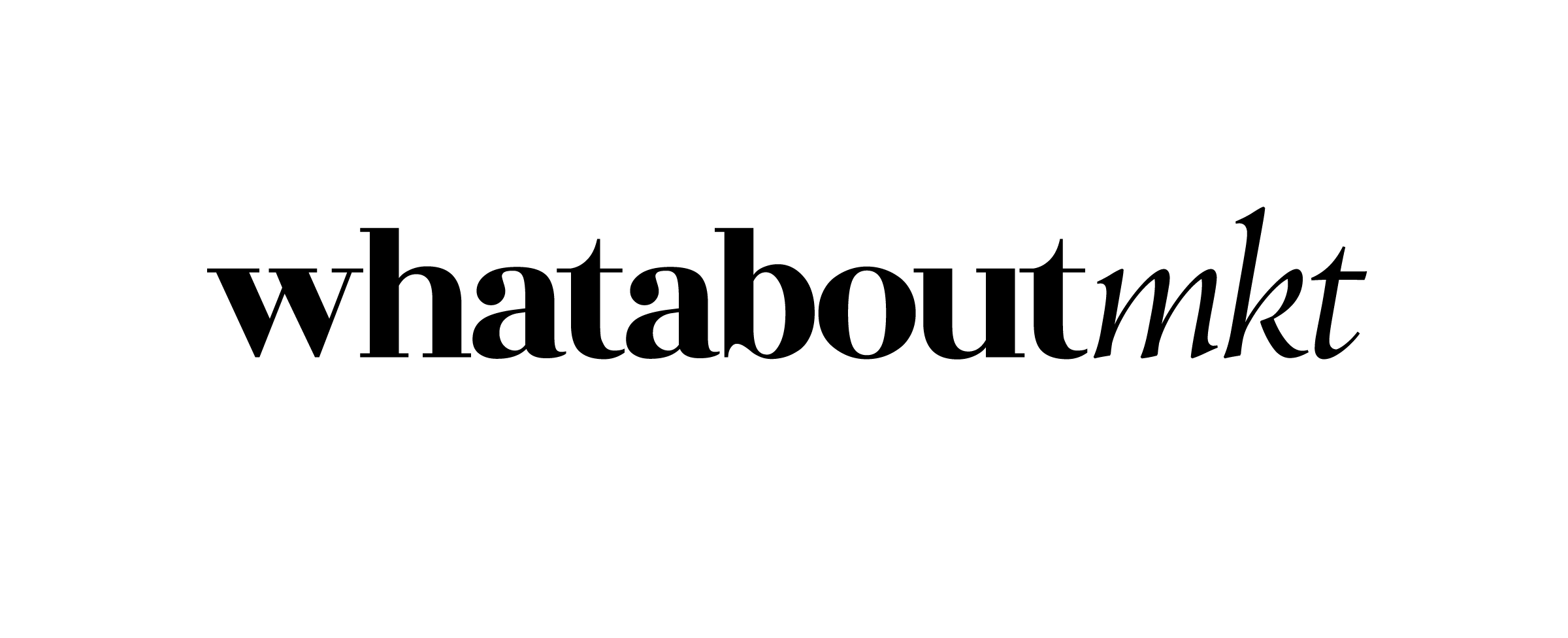The 97th Academy Awards, scheduled for March 2, 2025, at the Dolby Theatre in Los Angeles, is a celebration of cinematic excellence and one of the most strategically marketed events in the world. The Oscars provide a stage for elaborate promotional campaigns, luxury branding, and audience engagement strategies that reflect broader industry trends. This year’s awards season has witnessed a blend of innovative promotional techniques, substantial financial investments, and high-profile controversies, all of which contribute to shaping the event’s marketing landscape.
A Shift in Awards Campaigning
Marketing an Oscar campaign has evolved dramatically, with traditional advertising giving way to more experiential and digital-first approaches. Studios now invest millions in “For Your Consideration” (FYC) campaigns, including exclusive screenings, celebrity Q&A sessions, and extensive media tours. However, beyond these conventional strategies, 2025 has seen the rise of highly personalized and unconventional marketing approaches.
Timothée Chalamet, for example, has exemplified a grassroots, guerrilla-style campaign for his role in A Complete Unknown, a Bob Dylan biopic. By making unexpected public appearances, arriving at film premieres on rental bikes, and performing Dylan’s music on Saturday Night Live, Chalamet has crafted an image that resonates authentically with audiences and Academy voters alike. His campaign highlights the growing importance of relatability and organic engagement in Oscar marketing, proving that a carefully curated yet seemingly spontaneous persona can be more impactful than traditional PR machinery.
Similarly, Anora, a Palme d’Or-winning film by Sean Baker, has capitalized on a grassroots Cinderella story narrative. With a modest budget of $6 million and a worldwide box office of over $36 million, its success has been driven by an emotional, heartfelt marketing approach spearheaded by distributor Neon. The campaign underscores the power of authenticity, critical acclaim, and well-placed festival momentum in Oscar campaigning.
A Billion-Dollar Enterprise
Beyond film promotion, the Oscars are a major financial engine, supporting multiple industries, including fashion, advertising, and luxury goods. The red carpet alone has become one of the most valuable marketing spaces in the world, with fashion houses competing to dress A-list stars. The cost of an ensemble for a top-tier celebrity can reach up to $10 million, and designers are known to pay between €50,000 and €250,000 for stars to showcase their creations.
Advertising revenue also plays a crucial role, with a 30-second commercial during the Oscars telecast priced at approximately $1.95 million. ABC, the event’s broadcasting partner, generates an estimated $127 million in ad revenue, a testament to the enduring value of the Oscars as an advertising platform. Despite declining traditional television ratings, the Oscars remain a lucrative avenue for brands seeking to reach affluent and entertainment-focused audiences.
Luxury gifting is another key marketing component, with nominee gift bags valued at over $2 million, featuring high-end vacations, cosmetic procedures, and designer products. These lavish offerings serve as branding tools for companies aiming to associate with Hollywood’s elite, reinforcing the Oscars’ role as a high-stakes promotional event.
Controversies and Crisis Management
Marketing an Oscar campaign also means navigating the unpredictable waters of public perception and controversy. This year, Emilia Pérez, a French-produced musical that has garnered 13 nominations, faced significant backlash when past offensive tweets from lead actress Karla Sofía Gascón resurfaced. The controversy led to public apologies and speculation about her attendance at major events, presenting a major challenge for the film’s campaign. Crisis management has become essential for Oscar marketing, as scandals can swiftly derail a film’s momentum.
Similarly, The Brutalist, another awards contender, has faced criticism for its use of AI in dialogue correction, igniting industry-wide debates about the ethics of artificial intelligence in filmmaking. Such controversies highlight the growing scrutiny surrounding technological advancements in the entertainment industry and their impact on awards recognition.
Audience Engagement and the Future of Oscar Viewership
While the Oscars remain a high-profile event, viewership trends have shifted significantly. The 2024 ceremony attracted 19.5 million U.S. viewers, an increase from previous years but still far below the historic highs of the early 2000s. This decline reflects changing media consumption habits, with younger audiences favoring short-form digital content over traditional television broadcasts.
The Academy has embraced digital engagement strategies to address this shift, including shorter program runtimes, interactive social media elements, and live-streaming partnerships with platforms like YouTube and TikTok. Viral moments, meme culture, and audience participation have also played a critical role in keeping the Oscars relevant in the digital age, signaling the evolution of entertainment marketing in real time.









